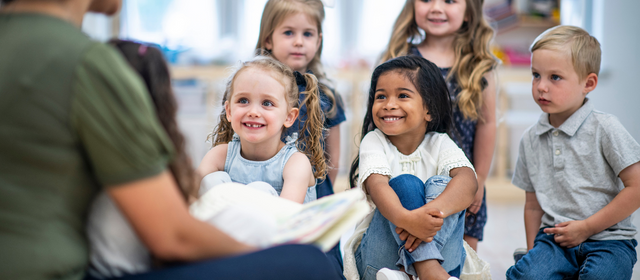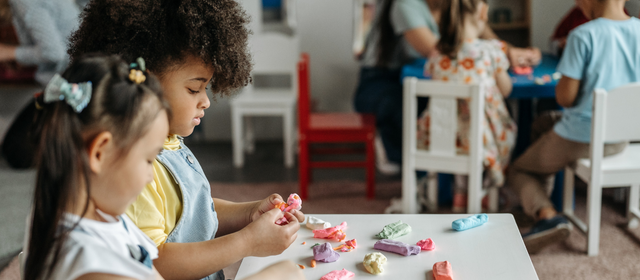
3 Courses

Emergency Preparedness (EP)
(EP) Emergency Procedures 2026
In this course you will learn how to operate during emergencies and what procedures to take.

Emergency Preparedness (EP)
(EP) Public Relations Crisis Communication for Staff 2026
This course equips team members with the skills and strategies to respond effectively during a public relations crisis. Participants learn to manage communication under pressure, align messaging with organizational values, and maintain professionalism when addressing stakeholders or the public. Topics include understanding crisis protocols, supporting leadership efforts, and using appropriate communication channels to mitigate risks. This course ensures staff are prepared to uphold the organization’s reputation and contribute to a cohesive crisis response plan.

Emergency Preparedness (EP)
(EP) Public Relations Crisis Communication Planning for Administrators 2026
This course will teach Owners and Directors how to manage public relations communications in the event of a crisis, guide in setting up a Crisis Communication Plan, and explore various crisis scenarios to learn effective ways of responding.
